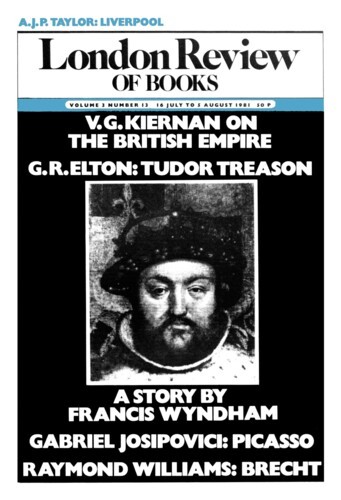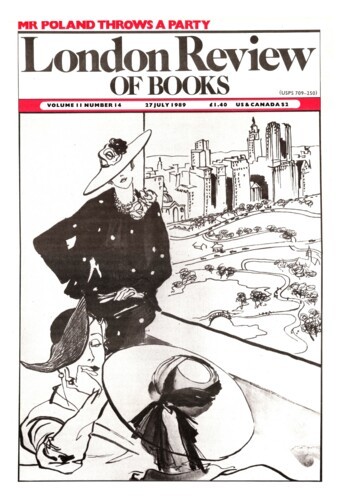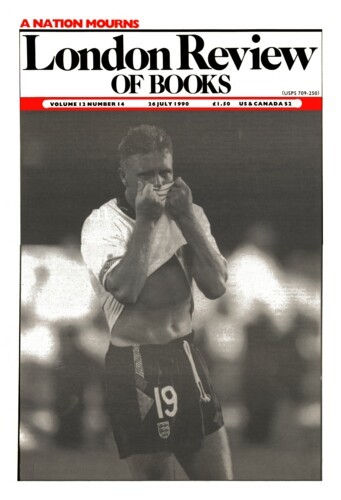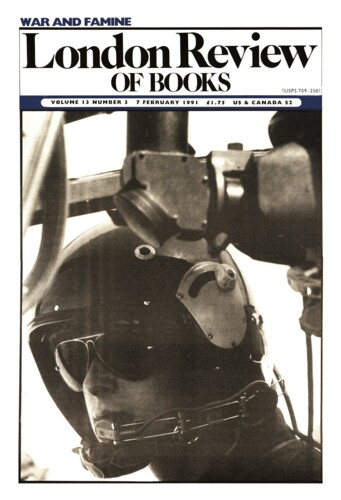Coups
Ronald Fraser, 16 July 1981
From a distance, the image of a pistol-toting Civil Guard colonel holding prisoner Spain’s cabinet and members of parliament recalled Marx’s phrase that history, tragic in its first occurrence, repeats itself as farce. From a lesser distance, the long night of 23-24 February, with tanks in the streets of Valencia, national television taken over, ministers and deputies incarcerated under armed guard in the Cortes, sometimes seemed like history setting out to repeat itself as tragedy.




